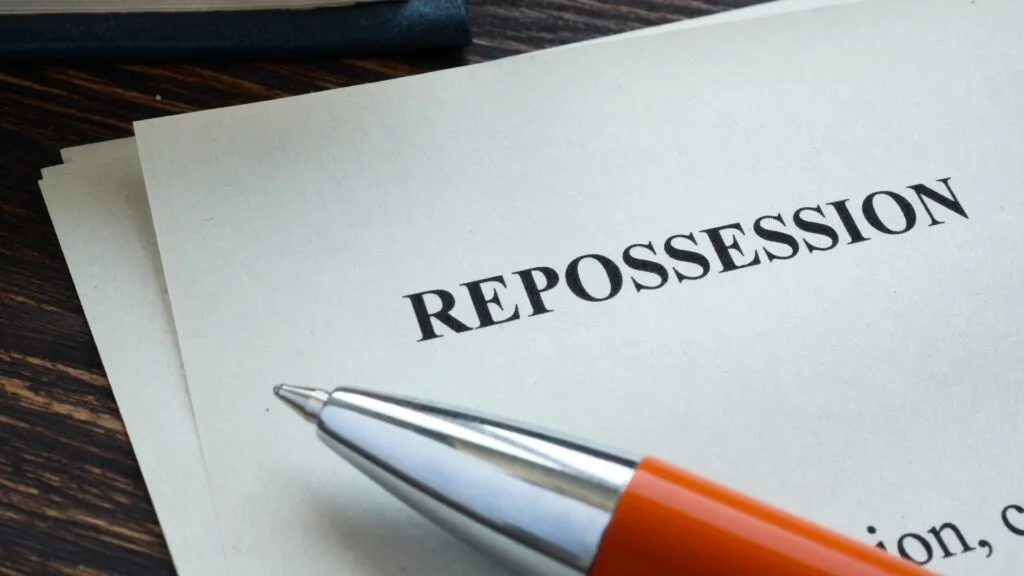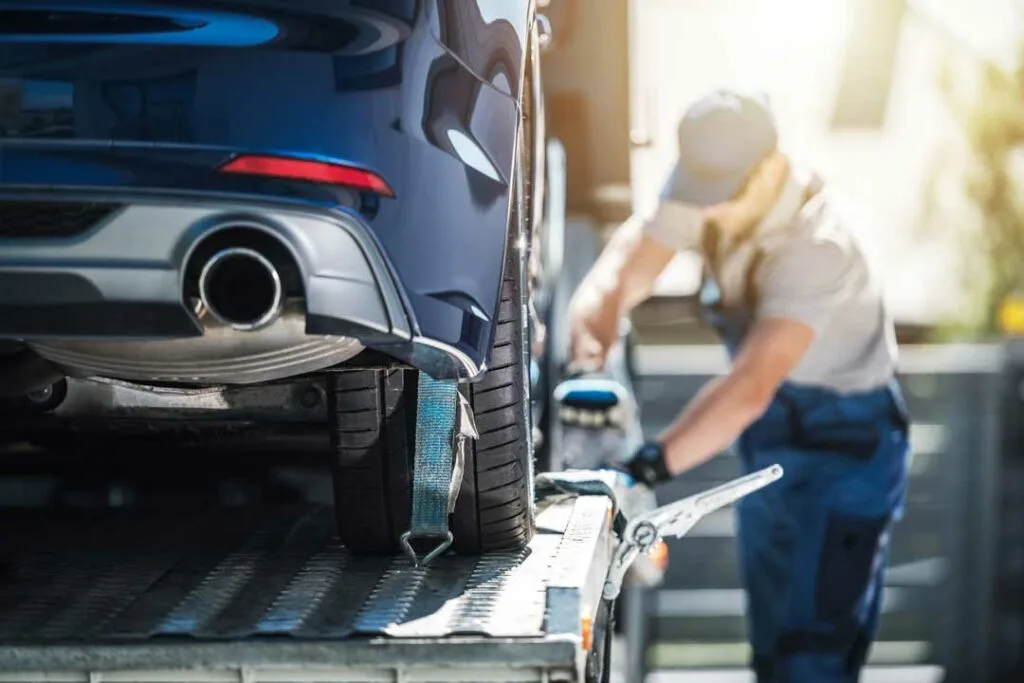Falling behind on car payments can feel overwhelming, but you can avoid car repossession by acting early and exploring your options.

Without a doubt, falling behind on your car payments can be stressful and feel quite overwhelming if you feel like you are running out of financial options.
For many people, a car is more than just transportation—it’s a lifeline to work, school, and family. If you’re facing the threat of repossession, don’t panic. You still have options to protect your vehicle and your financial future.
Facing Car Repossession? Here Are 5 Ways to Protect Your Car
Acting quickly and strategically can help you keep your car and avoid long-term damage to your credit. If you have already suffered damage to your credit score, searching bad credit car dealership Utah, for instance, could give you access to a way of keeping all your transportation options in place.
In the meantime, here are some steps you can take before it’s too late.
Don’t ignore the threats of legal action and repossession
First of all, it’s never a good idea to bury your head in the sand and ignore all the notices of action you are being sent. It’s imperative that you communicate with your lender, however tempting it is to avoid their calls or emails. In reality, staying silent only makes things worse.

What you need to keep in mind is that the majority of lenders view repossessing your car as their last resort. They’d rather work with you to find a solution that gets them paid and helps you stay on track.
With that in mind, you should let them know about your financial situation and ask if they offer any hardship programs, payment deferrals, or loan modifications. You may be surprised at how flexible they’re willing to be if you show a willingness to cooperate.
Could you refinance your car?
Another option is to refinance your car loan. If your interest rate feels too high or your monthly payment is overwhelming, refinancing can help. A lower rate or longer term can cut your costs and make payments more manageable.
Remember, lenders set rates based on your credit score and financial profile. If your score has improved, refinancing may save you money.

If refinancing isn’t available, consider taking out a bad credit loan to catch up on missed payments. These loans are specifically designed for people with low credit scores or recent financial setbacks. While interest rates on bad credit loans are typically higher, they can provide immediate cash to stop a repossession from happening.
This is an option that should always be considered carefully, but it can serve as a short-term lifeline in a tough spot.
Making the best of a bad situation
You can alway look at selling the car yourself. If you’re behind on payments and don’t see a way to catch up, it might be better to sell the car and pay off the loan before it’s repossessed.
This option allows you to protect your credit and possibly walk away with some equity, depending on the car’s value. Even if you’re upside down on the loan, selling and negotiating a payoff with the lender can be less damaging to your credit profile than a full repossession.

If all else fails, voluntary repossession is better than having your car forcibly taken. While it still affects your credit, demonstrating responsibility may reduce the fees associated with the entire repossession process.
Avoid Car Repossession: Smart Steps to Save Your Vehicle
Car repossession can feel like the end of the road, but it doesn’t have to be. By understanding your options, from refinancing and selling to voluntary repossession, you can avoid car repossession and maintain access to the transportation you rely on.
The key is to act early—don’t wait until it’s too late. By staying informed and making proactive choices, you can protect your vehicle, credit score, and financial future.

The best way is to contact your lender early, ask about payment deferrals, and explore refinancing options.
Yes, some lenders offer refinancing for bad credit borrowers, though interest rates may be higher.
Voluntary repossession means you return the car to the lender yourself. It’s less damaging to your credit than forced repossession and may reduce fees.
Selling your car can be a smart option, especially if you can pay off your loan and avoid repossession.
Car repossession can lower your credit score significantly and stay on your report for up to seven years.

Jessi is the creative mind behind The Coffee Mom, a popular blog that combines parenting advice, travel tips, and a love for all things Disney. As a trusted Disney influencer and passionate storyteller, Jessi’s authentic insights and relatable content resonate with readers worldwide.
